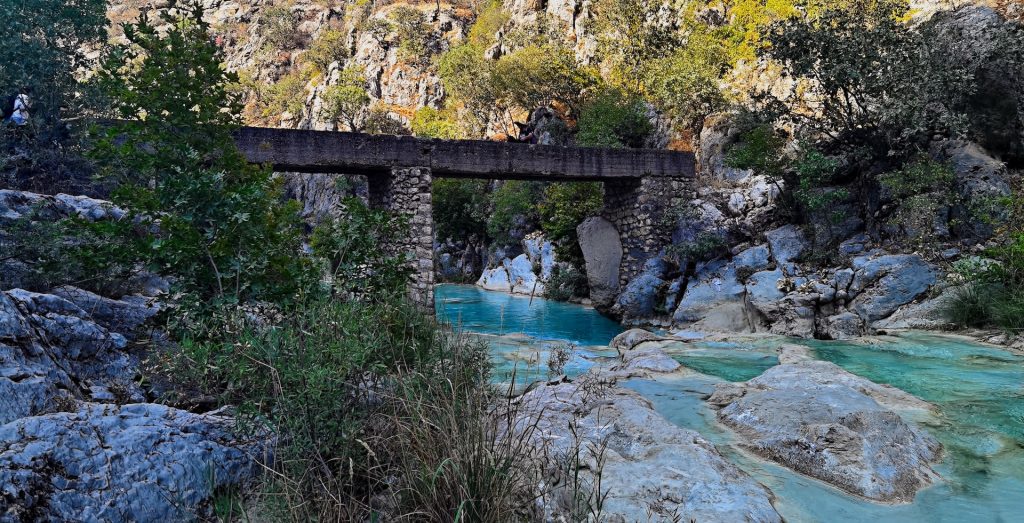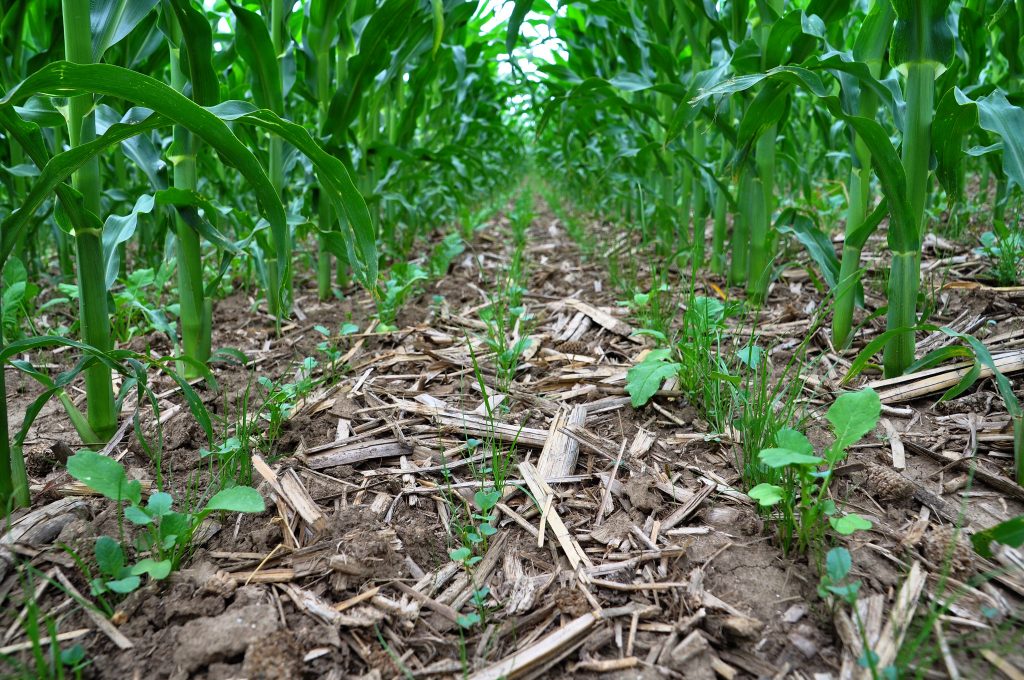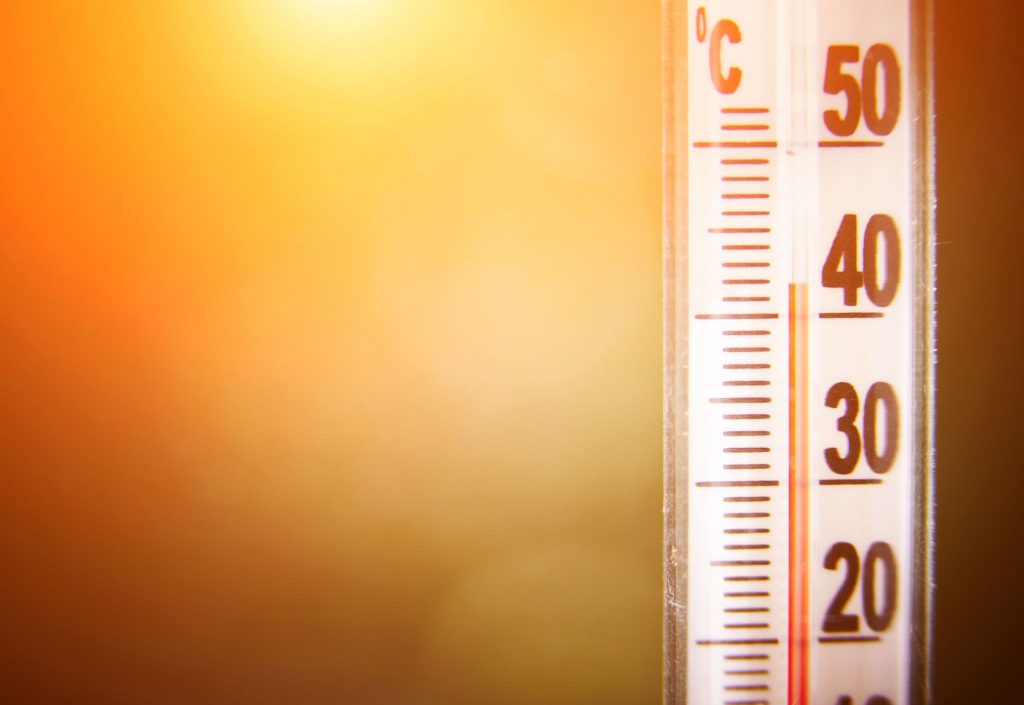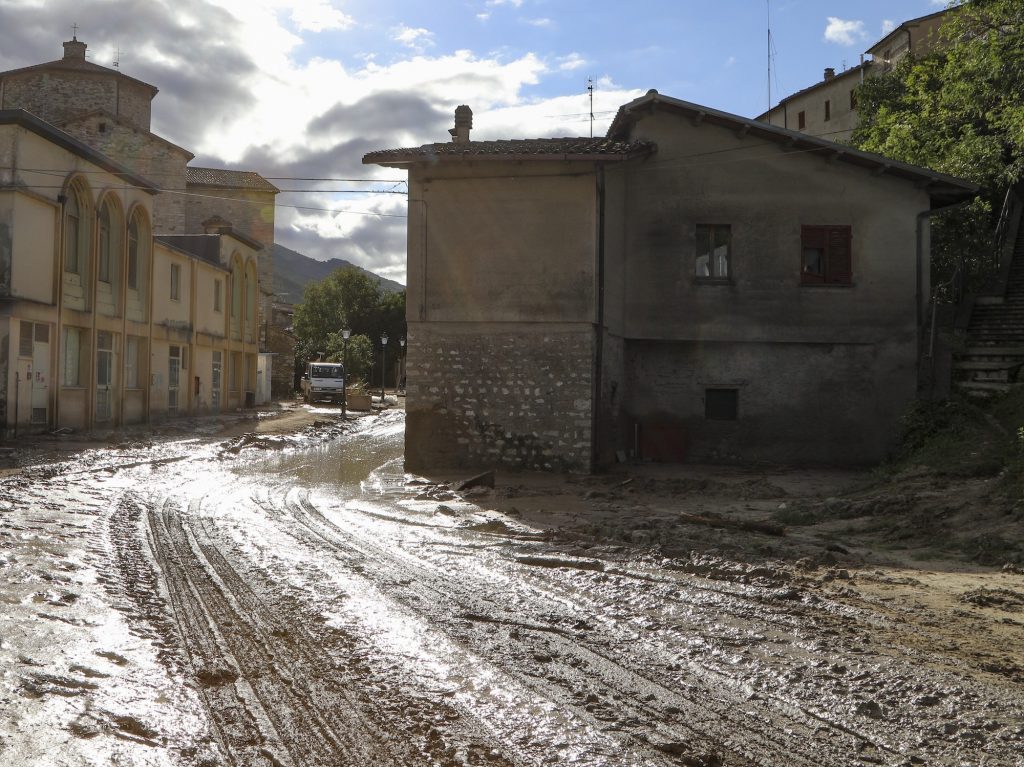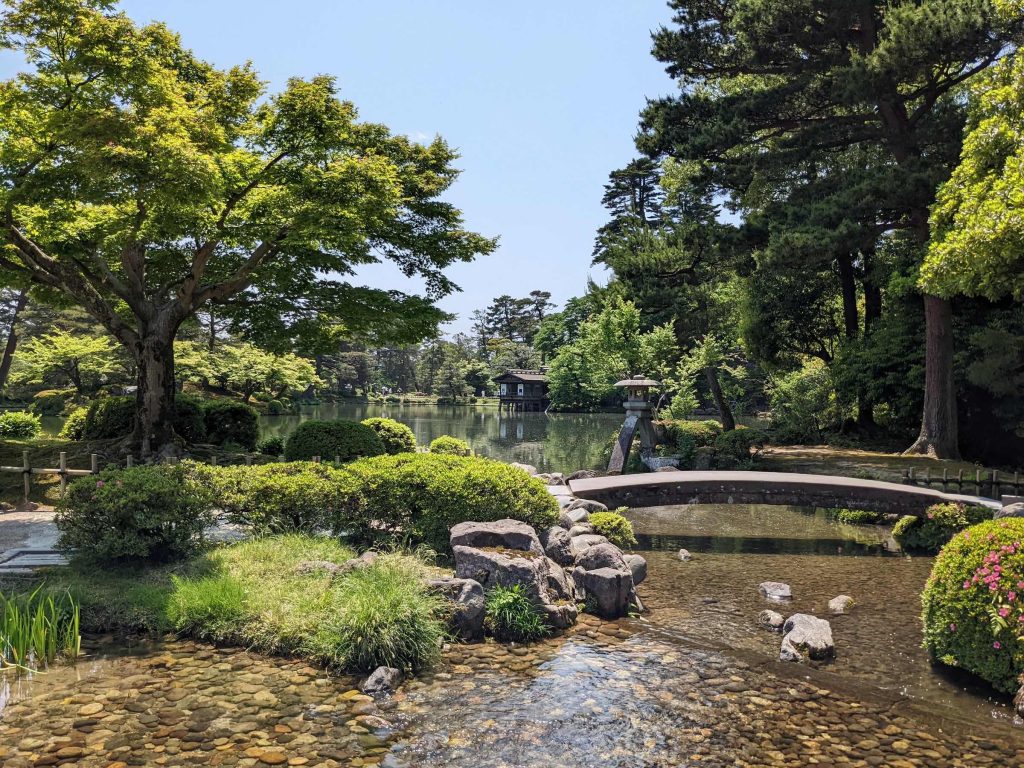
Elly Vaughan: The climate-health nexus between pollen and heatwaves
The interplay between climate change, air quality and lung health is a key issue that requires innovative approaches and solutions. “It’s not just what the empirical evidence is telling us about different particle concentration levels in the air but how people are perceiving air quality,” says health policy expert at Economist Impact Elly Vaughan.


